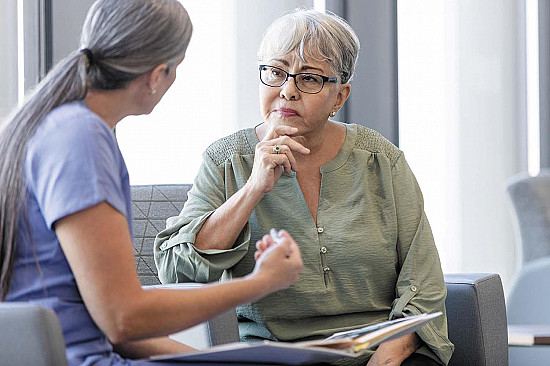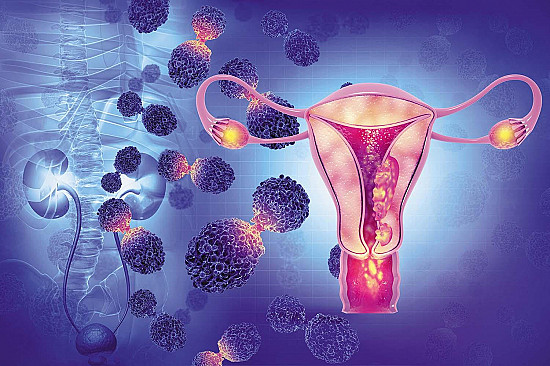Ask the doctor: Heavy bleeding, fibroids, and polyps
But the fibroids and uterine polyps you have can also cause heavy bleeding. Fibroids are growths of muscle and fibrous tissue in the wall of the uterus (see illustration). They often develop in women between the ages of 35 and 50 and can make menstrual bleeding heavy and full of clots, before and during perimenopause. Uterine polyps are overgrowths of the endometrial tissue that lines the uterus, as opposed to the muscular tissue that makes up the uterine wall. Fibroids and uterine polyps can be cancerous, but that's rare (a chance of less than one in 1,000 for fibroids and about one in 100 for uterine polyps), and having them does not increase a woman's risk for developing uterine cancer. They are benign growths that, unlike a cancerous tumor, are incapable of spreading cells to other parts of the body.
To continue reading this article, you must log in.
Subscribe to Harvard Health Online Plus (HHO+) to unlock expert-backed health insights, personalized tools, and exclusive resources to feel your best every day.
Here’s what you get with your HHO+ membership:
- Unlimited access to all Harvard Health Online content
- 4 expertly curated newsletters delivered monthly
- Customized website experience aligned to your health goals
- In-depth health guides on topics like sleep, exercise, and more
- Interactive features like videos and quizzes
- Members-only access to exclusive articles and resources
I’d like to subscribe to HHO+ for $4.99/month to access expert-backed content to help make smart, informed decisions about my well-being.
Sign Me UpAlready a member? Login ».
Disclaimer:
As a service to our readers, Harvard Health Publishing provides access to our library of archived content. Please note the date of last review or update on all articles.
No content on this site, regardless of date, should ever be used as a substitute for direct medical advice from your doctor or other qualified clinician.















